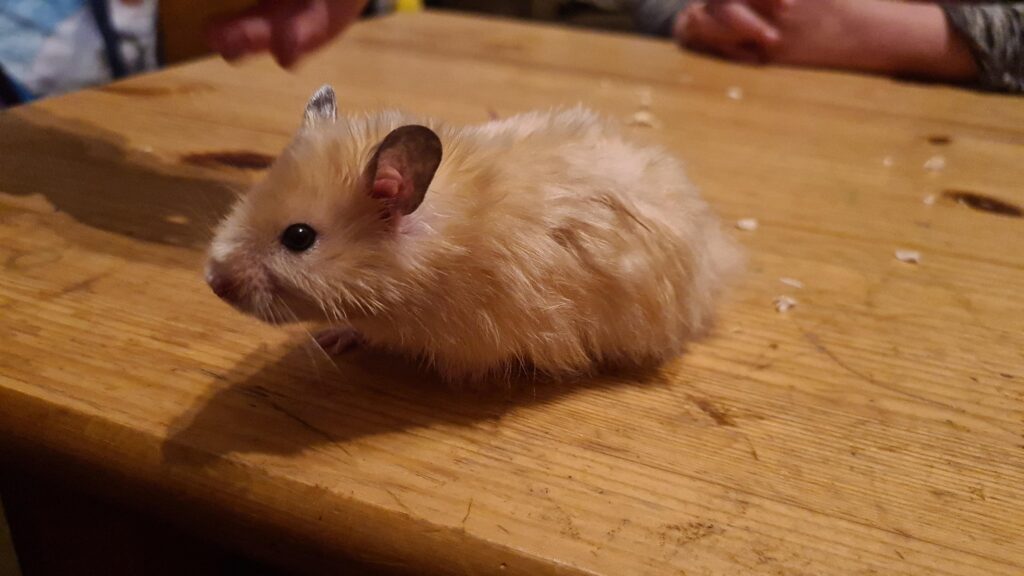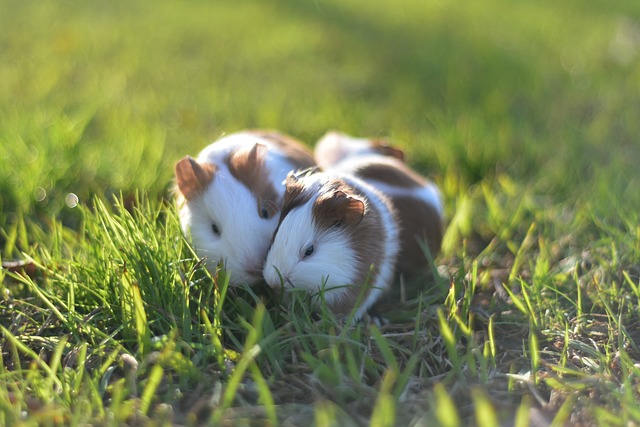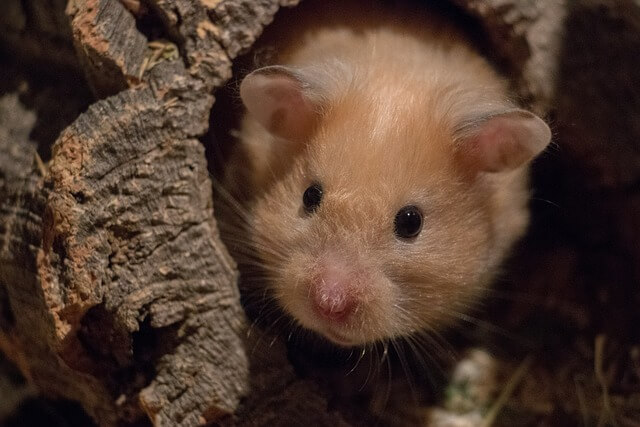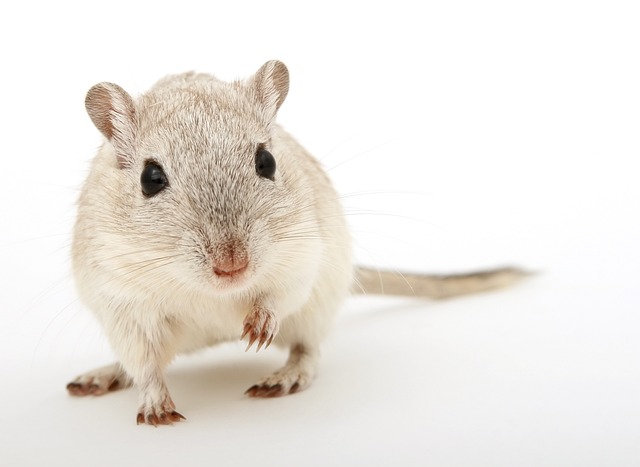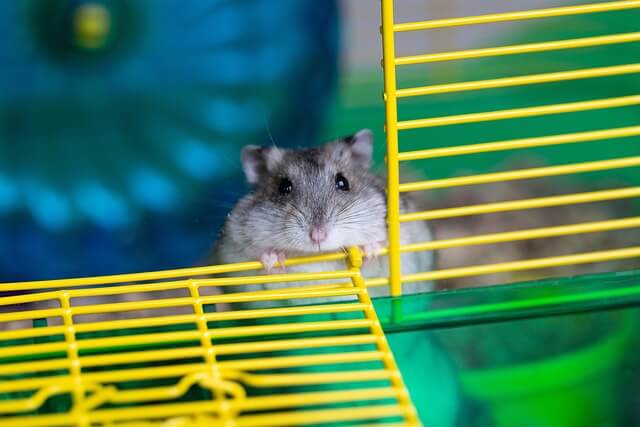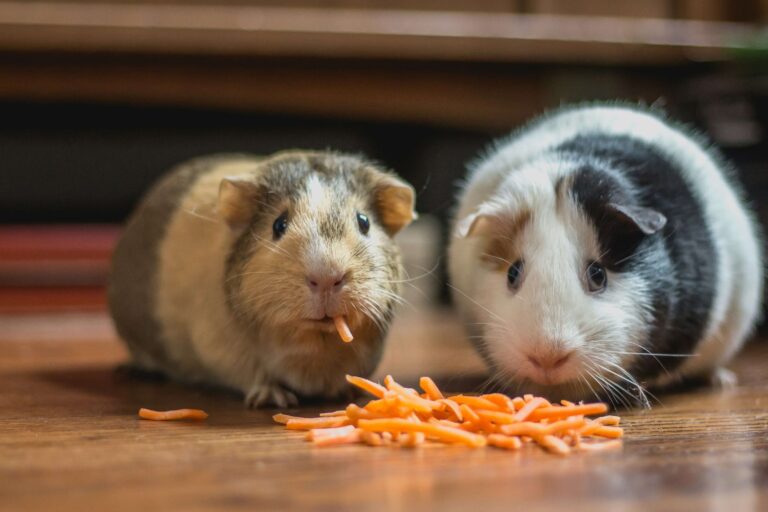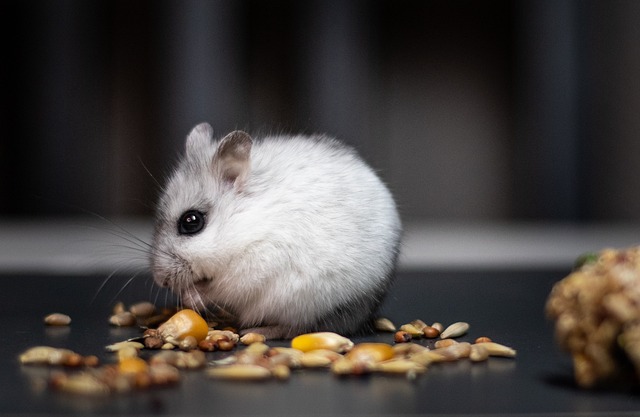Can Hamsters Eat Carrots – Hamsters.pk
The Nutritional Value of Carrots for Hamsters
Carrots are a beloved veggie treat for many small pets, including hamsters. While these crunchy orange roots are perfectly safe for hamsters to consume, it’s essential to understand their nutritional composition and how they can benefit (or potentially harm) your furry friend’s diet.
A Rich Source of Essential Nutrients
Carrots are packed with various vital nutrients that can contribute to a hamster’s overall well-being. Here are some of the key nutrients found in carrots:
- Vitamin A: Carrots are an excellent source of vitamin A, which is crucial for maintaining good vision, a strong immune system, and healthy skin and coat.
- Fiber: The high fiber content in carrots aids in proper digestion and helps prevent obesity and digestive issues in hamsters.
- Antioxidants: Carrots contain antioxidants like beta-carotene, which can help protect your hamster’s cells from damage caused by free radicals.
- Hydration: With a high water content, carrots can help keep your hamster hydrated, especially during hot weather or if they’re not drinking enough water.
Potential Benefits for Hamsters
Incorporating carrots into your hamster’s diet can offer several benefits, including:
- Improved Vision: The vitamin A in carrots can help maintain healthy eyes and prevent vision problems common in aging hamsters.
- Dental Health: The crunchy texture of carrots can help wear down your hamster’s constantly growing teeth, preventing overgrowth and other dental issues.
- Weight Management: The high fiber content in carrots can promote feelings of fullness, potentially preventing overeating and obesity.
- Hydration Support: If your hamster struggles to drink enough water, the high water content in carrots can help keep them hydrated.
Moderation is Key
While carrots can be a nutritious addition to your hamster’s diet, it’s crucial to feed them in moderation. Carrots are high in natural sugars, and overconsumption can lead to obesity, diabetes, and other health issues.
As a general guideline, limit carrot portions to no more than one or two small pieces per week. It’s also essential to ensure a balanced diet by offering a variety of fresh vegetables, high-quality hamster food, and occasional protein sources like cooked eggs or lean meat.
By understanding the nutritional value of carrots and incorporating them into your hamster’s diet in moderation, you can provide a tasty and healthy treat that supports their overall well-being.
Introducing Carrots into Your Hamster’s Diet
Carrots can be a delightful and nutritious treat for your furry friend, but it’s important to introduce them into their diet gradually and with care. Here’s a comprehensive guide to safely incorporating carrots into your hamster’s meals.
H3: Start with Small Portions
When introducing a new food to your hamster’s diet, it’s always best to start with small portions. Offer just a thin slice or a few shreds of carrot at first, and monitor your pet’s reaction. Some hamsters may take to carrots immediately, while others may be more hesitant.
If your hamster shows no signs of discomfort after a day or two, you can gradually increase the portion size. However, it’s essential to limit carrot portions to no more than one or two small pieces per week, as carrots are high in natural sugars and can lead to obesity and other health issues if overfed.
H3: Prepare Carrots Properly
Before offering carrots to your hamster, it’s crucial to prepare them properly. Always wash the carrots thoroughly to remove any dirt, pesticides, or chemicals that may be present on the surface.
You can offer raw carrot slices or shreds, but some hamsters may prefer cooked carrots, which can be slightly softer and easier to chew. If cooking carrots, avoid adding any seasoning or oils, as these can be harmful to your pet.
H3: Introduce Gradually and Monitor Closely
When introducing a new food like carrots, it’s essential to monitor your hamster closely for any signs of digestive discomfort or allergic reactions. Watch for symptoms such as diarrhea, lethargy, or loss of appetite.
If you notice any unusual behaviors or reactions, remove the carrots from their diet immediately and consult with a veterinarian if necessary.
It’s also important to introduce new foods gradually and one at a time. This way, if your hamster does experience any adverse reactions, you can easily identify the culprit and adjust their diet accordingly.
H3: Offer Carrots as a Treat, Not a Staple
While carrots can be a healthy and enjoyable treat for your hamster, they should not be considered a staple part of their diet. Hamsters require a balanced and varied diet consisting primarily of high-quality hamster food and supplemented with small portions of fresh vegetables and occasional protein sources like cooked eggs or lean meat.
By following these guidelines and introducing carrots into your hamster’s diet gradually and with care, you can provide a tasty and nutritious treat that supports their overall well-being while minimizing the risk of any adverse reactions or health issues.
Moderation is Key: How Much Carrot is Too Much?
While carrots can be a nutritious and enjoyable treat for your hamster, it’s crucial to understand the importance of moderation when incorporating them into your pet’s diet. Overfeeding carrots can lead to various health issues, so it’s essential to strike the right balance.
The Risks of Overfeeding Carrots
Carrots are high in natural sugars, primarily in the form of sucrose and fructose. While these sugars provide energy, consuming too many can lead to several potential problems for your hamster:
- Obesity: Excess sugar consumption can cause your hamster to gain weight rapidly, leading to obesity and increasing the risk of other health issues.
- Diabetes: High sugar intake can overwhelm your hamster’s ability to regulate blood sugar levels, potentially leading to diabetes and its associated complications.
- Digestive Issues: Too many carrots can cause diarrhea, bloating, and other digestive discomforts due to their high fiber content.
- Nutrient Imbalance: An overreliance on carrots can result in a lack of other essential nutrients required for your hamster’s overall health and well-being.
Recommended Carrot Portions
To avoid the risks associated with overfeeding carrots, it’s essential to limit their portion sizes. Here are some general guidelines for appropriate carrot portions for hamsters:
- Baby Hamsters (4-6 weeks old): No more than a pea-sized portion once or twice a week.
- Young Hamsters (6 weeks – 6 months): A small slice or a few shreds once or twice a week.
- Adult Hamsters (6 months and older): One or two small slices or a tablespoon of shredded carrots once or twice a week.
It’s important to remember that these are general guidelines, and individual hamsters may have different dietary needs based on their age, size, and overall health. Consult with a veterinarian if you’re unsure about the appropriate portions for your specific hamster.
Providing a Balanced Diet
While carrots can be a tasty and nutritious treat, they should not be the sole source of vegetables in your hamster’s diet. Offer a variety of fresh vegetables, such as leafy greens, bell peppers, and cucumbers, to ensure a well-rounded intake of essential vitamins and minerals.
Additionally, your hamster’s primary diet should consist of high-quality hamster food, supplemented with occasional protein sources like cooked eggs or lean meat.
By understanding the importance of moderation when feeding carrots and providing a balanced diet, you can ensure your furry friend enjoys the benefits of this tasty treat while avoiding potential health risks associated with overconsumption.
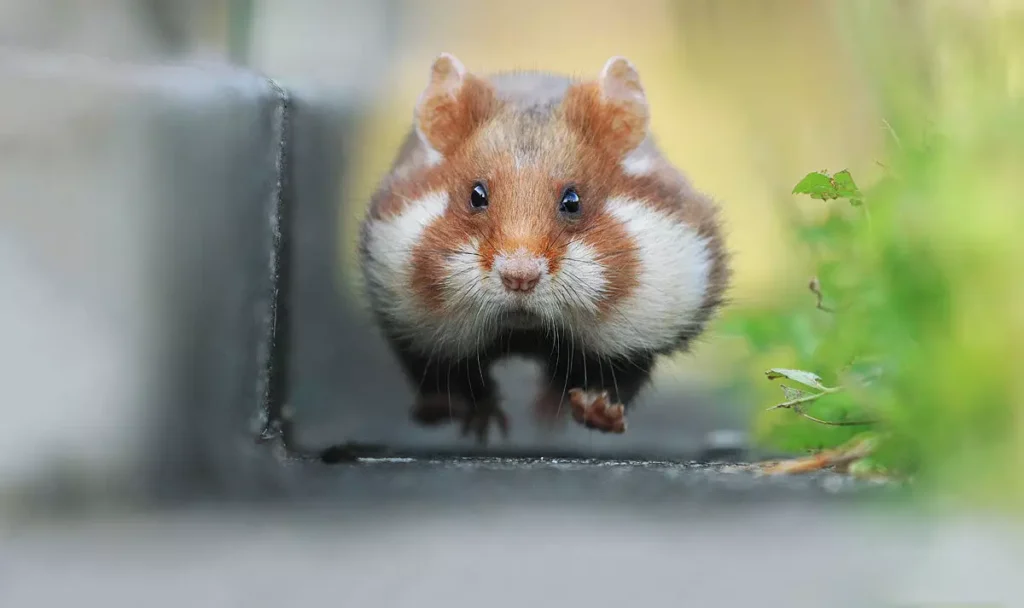
Signs Your Hamster is Enjoying (or Not Enjoying) Carrots
Introducing new foods like carrots to your hamster’s diet can be an exciting experience, but it’s essential to watch for signs that indicate whether your furry friend is enjoying or disliking this crunchy treat. By being attentive to your hamster’s behavior and reactions, you can ensure their dietary needs are met while avoiding any potential discomfort or health issues.
Signs of Enjoyment
When your hamster is relishing the taste and texture of carrots, you may observe the following behaviors:
- Eager Eating: If your hamster enthusiastically nibbles or munches on the carrot pieces you offer, it’s a clear sign that they find this treat enjoyable.
- Hoarding Behavior: Hamsters are known for their instinctive hoarding tendencies. If your pet starts stashing away carrot pieces in their food stash or bedding, it’s a strong indicator that they appreciate this veggie treat.
- Positive Body Language: A contented hamster will often exhibit relaxed body language, such as sitting calmly while eating, grooming themselves after their snack, or even stretching out and napping after a satisfying meal.
- Licking Paws or Mouth: After finishing a carrot treat, your hamster may lick their paws or mouth, savoring the last remnants of the delicious flavor.
Signs of Dislike or Discomfort
On the other hand, if your hamster is not enjoying the carrots or experiencing any discomfort, you may notice the following signs:
- Avoidance or Rejection: If your hamster seems uninterested in the carrot pieces, ignores them, or actively pushes them away, it could be a sign that they dislike the taste or texture.
- Gastrointestinal Distress: Excessive gas, bloating, diarrhea, or other digestive issues after consuming carrots may indicate that they are not agreeing with your hamster’s digestive system.
- Lethargy or Loss of Appetite: If your usually active and hungry hamster becomes lethargic or loses their appetite after eating carrots, it could be a sign of discomfort or an adverse reaction.
- Unusual Behaviors: Any out-of-the-ordinary behaviors, such as excessive grooming, pacing, or unusual vocalizations, could be your hamster’s way of communicating their discomfort with the new food.
Monitoring and Adjusting
If you notice any signs of dislike or discomfort, it’s crucial to remove the carrots from your hamster’s diet immediately. Forcing your pet to consume a food they dislike or cannot tolerate can lead to stress, digestive issues, and other potential health problems.
Additionally, monitor your hamster’s reactions closely when introducing any new food, and adjust portions and frequencies accordingly. Every hamster is unique, and their dietary preferences and tolerances may vary.
By being attentive to your hamster’s behavior and body language, you can ensure they enjoy a balanced and enjoyable diet while avoiding any unnecessary discomfort or health risks.
